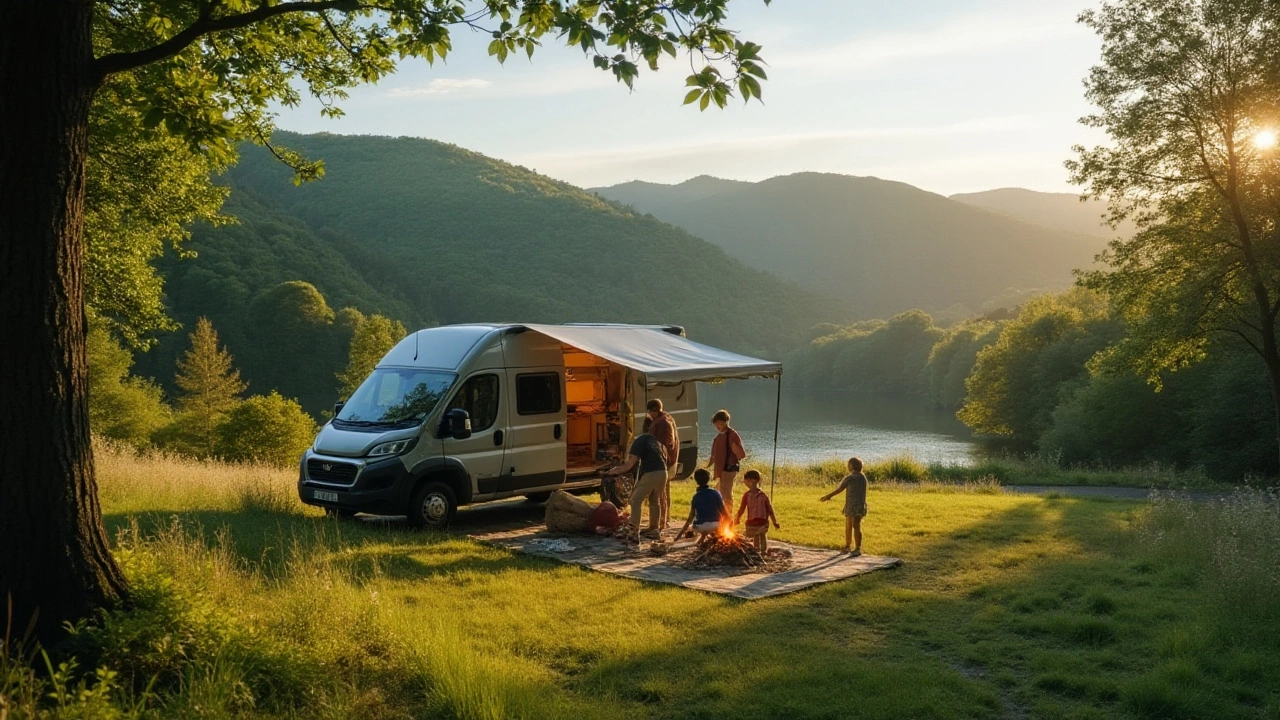Outdoor Adventures – Your Quick Guide to UK Camping, Motorhomes & Legal Tips
Thinking about hitting the road in a motorhome or pitching a tent on a seaside cliff? You’re not alone. More people are swapping hotels for star‑filled skies, and the great news is you don’t need a degree in law or a massive budget to get started.
First up, know where you can legally set up camp. Wild camping is mostly off‑limits in England, Scotland, Wales and Northern Ireland, but there are loopholes. In Scotland, the Outdoor Access Code lets you camp on most land as long as you’re respectful and stay for less than 24 hours. England and Wales have stricter rules – most public beaches and parks forbid overnight stays unless you have a permit. A quick Google search for "beach camping UK 2025" or checking your local council’s website will save you a hefty fine.
Motorhome Hire vs. Buying: What Makes Sense?
If you only plan a few trips a year, hiring a motorhome is usually cheaper. Hire companies in Teesside offer all‑inclusive rates that cover insurance, breakdown assistance and sometimes even campsite hookups. Buying an RV looks tempting, but remember you’ll need to budget for maintenance, fuel, road tax and storage. A simple cost‑breakdown spreadsheet can show you whether the upfront purchase price pays off over time.
When you rent, ask about mileage limits and what’s included in the “full‑time” package. Some hire firms let you drive with the toilet in use – a handy feature if you’re covering long distances. Others charge extra for night‑time electricity hookups, so read the fine print.
Gear Up Without Breaking the Bank
Good gear makes the difference between a memorable adventure and a miserable night. Start with a reliable, weather‑proof sleeping bag and a compact sleeping pad – you’ll thank yourself when the temperature drops after sunset.
For campsite electricity, a portable power bank or a small inverter can keep phones, lights and a 12‑volt TV running. If you’re curious about powering a TV directly from a battery, make sure the TV’s voltage matches your battery pack and use a proper fuse to avoid drainage.
Don’t forget a simple campsite checklist: tent or awning, cooking stove, fire‑safe lantern, biodegradable soap, and a basic first‑aid kit. Keeping your list short and focused saves space in a motorhome and reduces the amount you have to haul on foot.
Finally, respect the outdoors. Pack out everything you bring in, keep fires in designated areas, and follow local wildlife guidelines. A little courtesy goes a long way – it keeps the sites open for everyone and prevents costly penalties.
Whether you’re planning a weekend getaway to a lakeside site or a coast‑to‑coast motorhome road trip, the key is simple: know the rules, choose the right vehicle option, and pack smart. With these basics covered, you’re ready to turn any outdoor adventure into a hassle‑free memory.
Exploring the Differences Between Boondocking and Stealth Camping
Venturing into the world of camping, one may encounter terms like boondocking and stealth camping. These practices offer distinct ways of experiencing the great outdoors, catering to both families seeking adventure and solo travelers craving solitude. While boondocking often involves staying at more remote locations, usually off the beaten path without traditional amenities, stealth camping typically necessitates remaining out of sight and leaving no trace. Understanding these differences can enhance your camping experience and help you choose the right option for your next outdoor getaway.
